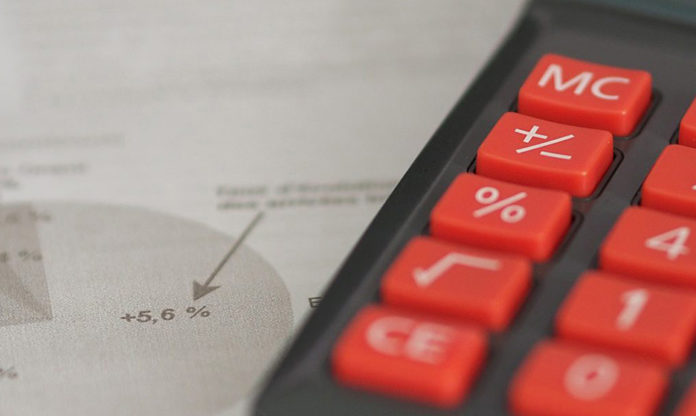
Don’t Do Your Own Valuation: Trinidad & Tobago
Your family home, your prized possession, your piece of heaven that may have taken years to complete; but now, for one reason or another, your humble abode is up for sale. Most people have an idea of what their home is worth, however it’s easy for that financial investment to turn into a sentimental dollar value that may differ from what’s actually obtainable on the market. Therefore, before you list your dream home with a wish price, it’s best to consult with a professional who may know a thing or two about the market to advise on the value of your home.
Here’s Why:
1. You may be pricing yourself out of the the market.
The market changes constantly. Therefore the price you may have in mind may not align with what the market is willing to pay. Pricing to market is not an exact science and as the economy, trends and consumer behaviours shift and change, so too does the market price. Conversely, if your property is highly desirable and you are receiving unsolicited offers, you may be quick to accept a seemingly enticing offer and sell yourself short of the property’s true market value.
2. Valuations are based on recent transactions or comparable.
Valuers rely heavily on comparable analyses in order to determine an opinion of value. These comparables are similar properties that have been sold or rented recently. This coupled with existing market trends are carefully analysed through the eyes of experienced professionals.
3. The market determines the price of the property, not the vendor.
Laws of demand and supply come into play, and right now, with significant supply, we’re in a buyer’s market. Under normal circumstances, an average transaction in the current residential sale market typically takes 3 to 6 months to sell which is called the exposure period. The exposure period is the length of time a property is exposed to the market before a sale, given the list price. The closer the listing is to market price, the more interest you’ll see for your listing and this may result in a faster sale.
4. Sentimental value does not equal dollar value.
Yes, you may have invested financially and emotionally into your home to make it yours. However, when it’s time to sell, the sentimental attachment to your home may not be felt by the buyer. Furthermore, the emotional worth to you cannot be translated into a dollar worth. Remember, a valuation is based on market factors and not personal ones. When you buy a home, begin with the end in mind. Think about the future sale of your property and the tangible worth.
5. Valuation reports are official documents.
Valuation firms act as independent professionals, who comply with international regulations, governed by a code of ethics and objectivity in surveying practices. Therefore, your valuation report should be seen as a confidential document, trusted by financial institutions, which officially states the value of your property. It acts as a guide to substantiate the loan amount disbursed to the buyer. It goes without saying that Terra Caribbean is a Regulated Firm and sits on the panel of all major commercial banks in Trinidad and Tobago.



